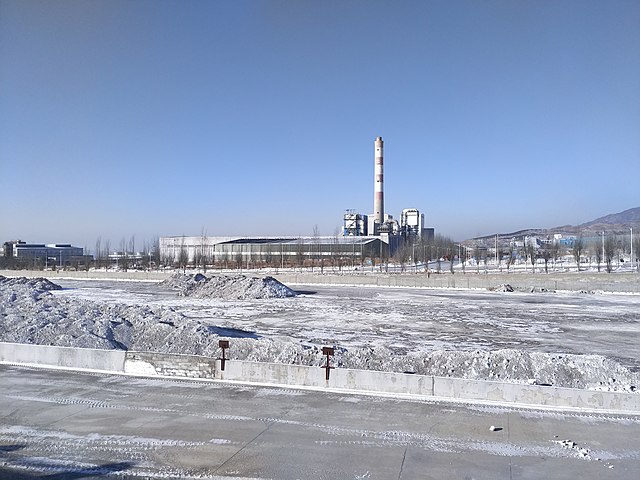Construction Industry Concerns in Hungary
This is an old post. Information may be outdated.

The Hungarian construction industry experienced a decline in performance in the first quarter of 2024 compared to the same period last year. Although precise data for the entire quarter is not yet available, February data indicates that production volume exceeded the previous year’s figure by 3.2%, but March data shows a decline.Reasons for the decline include:
High inflation: Producer prices in the construction industry rose by 6.7% compared to the same period last year, significantly exceeding average inflation. This high price level is curbing demand.
High interest rates: High interest rates have led to a decline in investments, particularly reducing the number of new construction projects.
Government austerity measures: The reduction in public investments has also negatively impacted the performance of the construction industry.
Forecasts suggest that the performance of the construction industry is expected to continue lagging behind last year’s figures for the first three quarters of 2024, with significant growth only expected to begin at the end of the year.Currently, numerous foreign factory constructions are underway in Hungary, particularly in the electric vehicle and battery production sectors. Some examples of the most significant investments include:
CATL: The Chinese battery manufacturer CATL is building Europe’s largest battery factory in Debrecen.
BMW: BMW is constructing a new electric vehicle factory in Debrecen, where the “Neue Klasse” electric model range will be produced.
Mercedes-Benz: Mercedes-Benz is expanding its factory in Kecskemét to also manufacture electric cars there.
SK Innovation: South Korean SK Innovation is building its second battery factory in Hungary in Iváncsa.
Samsung SDI: South Korean Samsung SDI is expanding its battery factory in Göd.
Large-scale investments are boosting the future performance of the Hungarian construction industry, but for some industrial projects, almost all materials and contractors are being brought to Hungary from the investor’s country. According to reports, 4 million tons of building materials are being shipped from Asia for BYD’s new factory under construction.The possibility of involving subcontractors is reduced due to the fast pace of construction and the different work culture compared to Europe, with longer working hours and poorer working conditions leading to increased costs.The massive influx of building materials is not a one-time issue but could become permanent through newly opened supplier channels, potentially disrupting the domestic building materials market.
Construction industry players believe market protection measures are necessary to protect the Hungarian industry.
The Hungarian Development Agency states that the Hungarian supplier ratio for ongoing investments so far has been around 70%, so the concerns of market players are unfounded.